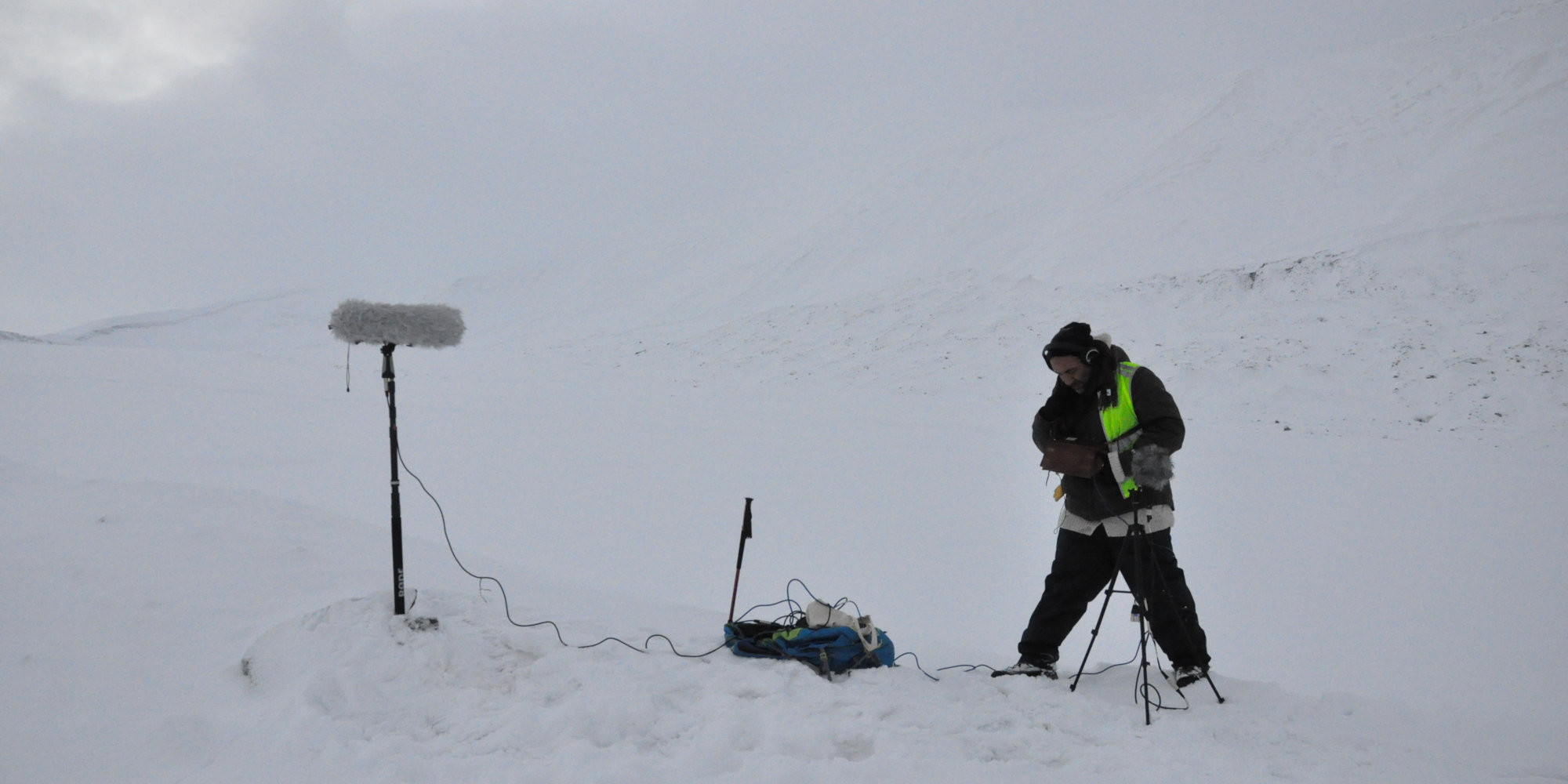„Lasst uns beenden, was wir begonnen haben.“ Auf diese Weise stellt die UNO ihr erstes Ziel für nachhaltige Entwicklung vor – das Ende der Armut in allen Formen und Dimensionen bis 2030. Die 17 Ziele der Nachhaltigen Entwicklung und ihre 169 Teilziele wurden als ein ausuferndes, missverständliches Durcheinander großer Absichten beschrieben. Allein der Titel der Entwicklungsagenda – „Unsere Welt umgestalten“ – verströmt utopische Ambitionen. Er wurde 2015 von 193 Nationen angenommen. Fünf Jahre später und mit zehn verbleibenden Jahren: Wie wird sich unsere Welt verändern?
Wird es in zehn Jahren keine Armut und keinen Hunger in der Welt mehr geben? Wird dieser Planet in zehn Jahren von Milliarden von gesunden und gebildeten Menschen bevölkert sein? Ist Komfort oder Autonomie wichtiger für das Wohlbefinden? Kann man bequem autonom sein?
Diese Fragen wurden WissenschaftlerInnen gestellt, die sich bei einem Open Call zur Zusammenarbeit mit KünstlerInnen im Rahmen der STUDITOPIA-Residency beworben haben. Über einen Zeitraum von fast zwei Jahren werden KünstlerInnen und WissenschaftlerInnen gemeinsam eine kreative Reise unternehmen, die sich mit diesen Fragen befasst und die nachhaltige Entwicklung in ganz Europa durch die konvergierenden Ansichten von Kunst und Wissenschaft erforscht.
Die KünstlerInnen und WissenschaftlerInnen werden ihre Zusammenarbeit beim Ars Electronica Festival mit einer Creative Question Challenge (CQC) beginnen. Das CQC ist ein neues Brainstorming-Format, bei dem Referierende in einem 30-minütigen Dialog kreative Fragen diskutieren und präsentieren.
Video
Projekt Credits
This project is presented in the framework of STUDIOTOPIA and co-funded by the Creative Europe Programme of the European Union.
Biographies
Oswaldo Maciá (CO/UK) was born in the Caribbean city of Cartagena de Indias, Colombia. He lives and works in the UK and USA. Maciá creates olfactory-acoustic sculptures that have been exhibited all over the world. His work is held in international collections, including Tate Britain and Daros Latinamerica. His sculptures have been included in numerous large-scale periodic exhibitions and solo presentations across four continents. As he states in his manifesto, Maciá seeks to stimulate questions and counter received opinion. In 2015 Maciá won a major public commission for the city of Bogotá selected by an international jury. Scenario in Construction is the first public sound sculpture of in the southern hemisphere.
Chris Bean (IE) is Senior Professor and Head of Geophysics at the Dublin Institute for Advanced Studies. His research interests cover the quantification of ocean wave generated ambient microseism noise, ocean wave parameter estimation from microseisms, temporal monitoring of water column and near seafloor properties using time-lapse ambient noise seismo-acoustics. He has also published widely on micro-seismicity associated with the failure of weak materials, especially on volcanoes.
Emilia Leszkowicz (PL) is a electrophysiologist based at University of Gdansk, Faculty of Biology, Department of Animal and Human Physiology with a strong track record of in vivo recordings in animals, and experience in human fMRI. Leszkowicz’s main research interests are the neural basis of social human values and hippocampal theta rhythm. Recent research has demonstrated that human self-transcendence values, which aim to preserve and enhance the welfare of others and of nature are connected with a brain site where “a core self” is presumably represented. i.e. the midline cortical regions. With her colleagues have shown that psychological conflict when choosing between compatible (e.g. friendship and forgiveness) as compared to opposing (e.g. curiosity and stability) human values has neural signature and is connected with stronger activation in the supplementary motor area and other brain regions often associated with conflict (Leszkowicz et al., 2017).


